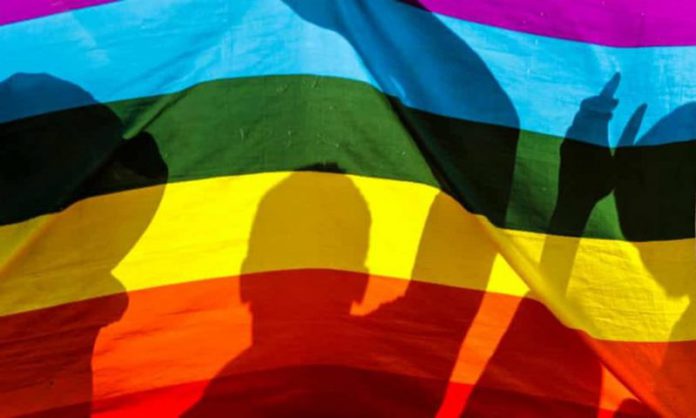Osei Pratt Alfred, a national security officer from Ghana, has become a target of hostility after a courageous Instagram Live session in May 2022, where he openly defended LGBTQ+ rights.
His public stance, made while in active service, unleashed a storm of repercussions that forced him to abandon both his career and his home in a country where such advocacy is increasingly perilous.
Alfred, 36, used his position as a security operative to call for equality and an end to discrimination against LGBTQ+ individuals—an uncommon act of defiance in Ghana’s conservative landscape. The broadcast went viral, earning thousands of likes and international support, but also igniting fury in his Pokuase community.
Neighbors and colleagues branded him a “promoter of immorality,” with some accusing him of being gay—a dangerous label in a country where same-sex acts are criminalized under Section 104(1)(b) of the Criminal Code, carrying a penalty of up to three years in prison.
The fallout was swift. By June 2022, Alfred’s employers at the National Security Secretariat launched an investigation, setting up a committee to probe his “unacceptable conduct.”
He was subsequently demoted, had his salary cut, and faced intense pressure to retract his statements. “I was ostracized at work and couldn’t walk safely in Pokuase,” Alfred told human rights advocates.
By August, threats from community members escalated, forcing him to flee. He relocated to Gomoa Fetteh and took a low-profile job at a resort, hoping to escape attention.
But in early 2023, a coworker recognized him from the viral video and threatened to expose him to police. Fearing arrest under Ghana’s tightening anti-LGBTQ+ laws, he went into hiding with the help of his family.

His fears were compounded as Parliament debated the Human Sexual Rights and Family Values Bill, which seeks to criminalize LGBTQ+ advocacy with penalties of up to five years in prison.
Though not yet signed into law, the bill—already upheld by the Supreme Court—has intensified public hostility, with Afrobarometer surveys showing 93% of Ghanaians oppose LGBTQ+ rights.
Alfred’s Instagram Live, which he described as part of his duty to protect all citizens, has left him jobless, displaced, and living in fear. “I spoke out because it was right, not to become a fugitive,” he said through Rightify Ghana, an NGO amplifying his case.
While his story has received little attention in Ghanaian media, it has drawn calls from international activists for protection—highlighting the steep cost of challenging the status quo as a state operative in Ghana.



